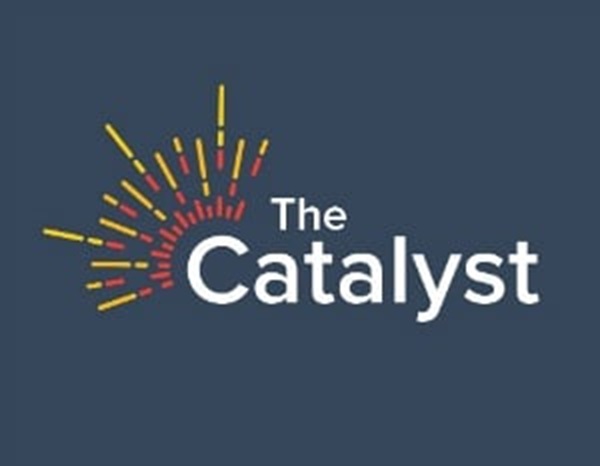
Conversations and healthy debate about issues facing our industry and the health care system are critical to addressing some of today’s challenges and opportunities.
Today, we are pleased to welcome a guest post from Jason Resendez who is the executive director of the UsAgainstAlzheimer’s Center for Brain Health Equity and head of the LatinosAgainstAlzheimer’s Coalition, convened by UsAgainstAlzheimer’s.
Fifty-two years ago, President Lyndon B. Johnson established a week every September to celebrate the important contributions made by the Latino community. He also sought to address racial injustice and health inequities through landmark legislation and policies such as Medicaid, Medicare and the Civil Rights Act. Unfortunately, our nation and Latino community is still grappling with many of these same issues today. The failure to adequately address social inequities is plaguing communities of color.
Alzheimer’s, a progressive brain disease, has made American society more vulnerable to global pandemics such as COVID-19 by weakening the nation’s health system and taxing our nation’s assisted living facilities. Alzheimer’s has put millions of families at higher risk for the devastating effects of the coronavirus.
Latinos are 1.5 times more likely to develop Alzheimer’s or a related dementia than non-Latino whites. A report from UsAgainstAlzheimer’s and the University of Southern California’s Edward R. Roybal Institute on Aging projects the number of Latinos living with Alzheimer’s will grow by 830% to 3.5 million people affected by 2060. This incredulous increase will cost the U.S. health care system $2.3 trillion.
Making matters worse, the critical research underway to stop Alzheimer’s fails to include sufficient representation from disproportionately impacted communities. Black Americans and Latinos make up less than 20% of all clinical trial participants in federally funded Alzheimer’s research, yet represent a combined 26% of all diagnosed Alzheimer’s patients. In reality, the number of Black Americans and Latinos living with Alzheimer’s disease is more than that as the disease is often misdiagnosed and underdiagnosed by providers. And data on the diversity of Alzheimer’s clinical trial participants in industry-funded studies lacks transparency.
As the health care sector grapples with the interconnected challenges of health inequities and racial injustice, here are four steps that must be taken to strengthen our nation’s foundation for health justice.
- Promote early detection and diagnosis. Despite a higher risk for Alzheimer’s and dementia, Black Americans and Latinos living with these conditions are less likely than non-Hispanic whites to receive a diagnosis from a provider. The American Academy of Neurology recently issued a report stating that “knowing the cognitive health status of high-risk patients…has inherent clinical relevance.” The CHANGE Act is bipartisan legislation that would prompt the Centers for Medicare and Medicaid Services to improve its guidance to providers about assessing Alzheimer’s. By focusing on early detection, we can give patients and families more options and sooner, including cutting-edge research opportunities.
- Broaden criteria for research eligibility. Strict eligibility criteria, such as the exclusion of individuals living with diabetes, for Alzheimer’s and other trials can lead to limited representation of minorities in clinical research, especially given the multiple chronic conditions that Black Americans and Latinos often face. COVID-19 has taught us that expanding these criteria can help us boost inclusion.
- Gather better information on social determinants of health. Collecting and mapping data on social determinants of health can help us spot and address gaps in Alzheimer’s research and health services. Harnessing such data has led to progress against diseases such as breast cancer in Chicago’s predominantly Black South Side.
- Expand medical and family leave. According to a national poll of dementia caregivers, more than half of those surveyed who used paid family leave benefits reported positive effects on their ability to provide care and their own emotional well-being. Latinos and lower-income caregivers were less likely to have access to these benefits. The private sector should provide these benefits to their employees and champion paid leave legislation for the consumers of their products. It’s time to pass bipartisan legislation to expand paid medical and family leave for family caregivers and ease the economic hardship of health inequities on working families.
Hispanic Heritage Month provides an opportunity to reflect on these pressing challenges and recommit to solving them equitably and urgently, particularly in these challenging times. COVID-19 has already made clear the precious price of inaction.
Learn more about PhRMA’s commitment to racial equity and inclusion here.






